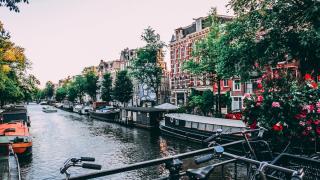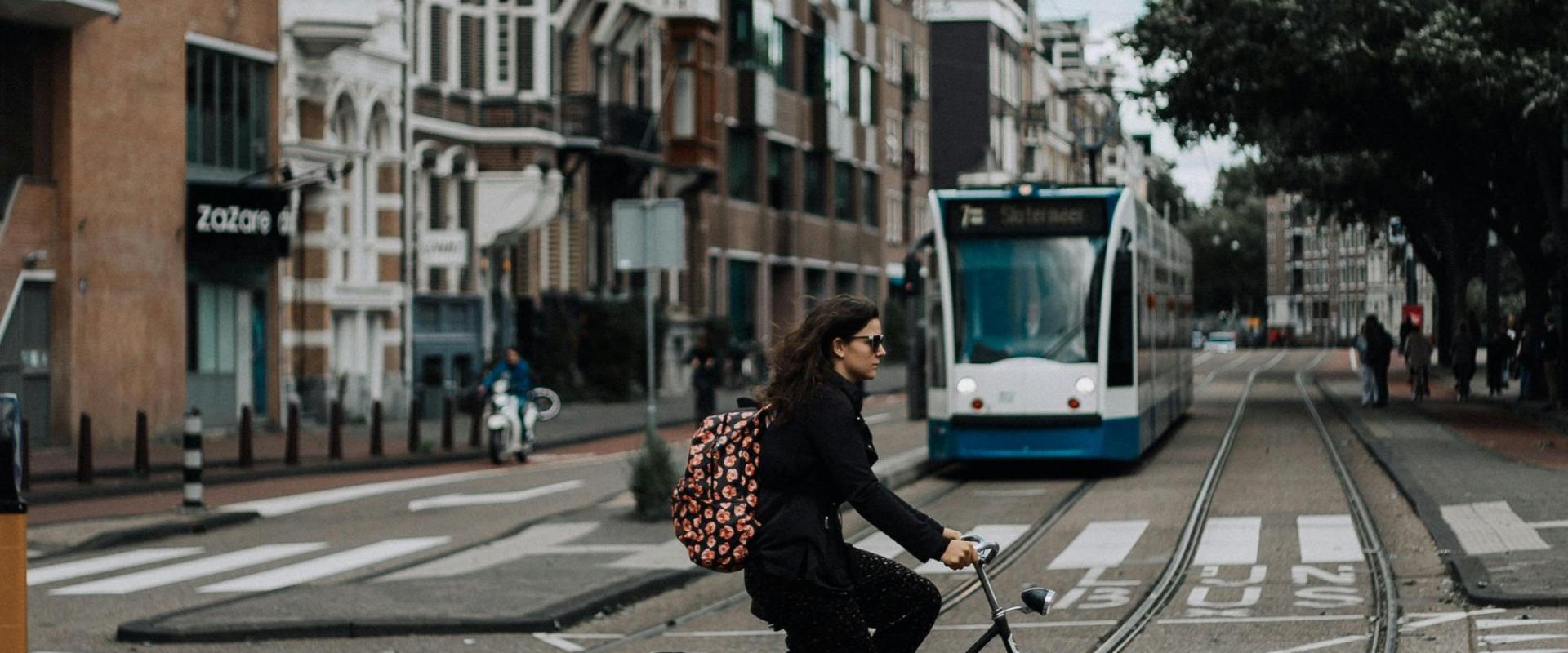Why Travel Insurance Matters Here
Travel insurance is essential for trips to the Netherlands.
- Dutch healthcare for visitors is not free. Emergency hospital treatment in Amsterdam can cost €200-€500 per day. Outpatient visits average €100-€150 per consultation.
- Many travelers cycle in Dutch cities. Amsterdam reports over 1,000 cycling accidents involving tourists each year. Insurance covers medical costs and liability.
- Unpredictable weather causes flight and train delays. Schiphol Airport experienced major disruptions during winter storms in 2023. Insurance can reimburse for missed connections and extra accommodation.
- Pickpocketing is common in busy areas like Amsterdam Centraal and Dam Square. Theft of passports, phones, and cash is frequent. Insurance covers loss or theft of belongings.
- Schengen visa applicants must show proof of insurance. Minimum coverage: €30,000 for medical emergencies. Required for stays up to 90 days.
- Strikes by Dutch rail (NS) and airport staff have caused trip cancellations. Insurance helps recover prepaid expenses.
- Without insurance, travelers pay full price for ambulance services, which can exceed €700 per trip in the Netherlands.
Coverage Essentials for Dutch Adventures
Medical emergency coverage is vital in the Netherlands.
- Dutch hospitals charge non-residents €200-€500 per day for inpatient care.
- Ambulance rides in Amsterdam cost around €700.
- Pharmacies (apotheken) require upfront payment for prescriptions.
Trip cancellation/interruption is important for seasonal events.
- Tulip season (mid-March to mid-May) is a top reason for travel. Missed blooms due to illness or strikes are common claims.
- NS (Nederlandse Spoorwegen) train strikes can disrupt travel between cities like Rotterdam and Utrecht.
- Coverage should include pre-paid tickets for Keukenhof Gardens or canal cruises.
Baggage issues occur at Schiphol Airport and major stations.
- Schiphol handles 70 million bags yearly. Delays and thefts are reported, especially during summer.
- Luggage theft is reported at Amsterdam Centraal and Rotterdam Centraal stations.
Personal liability is essential for cycling and boating.
- Cycling accidents are frequent in Amsterdam and Utrecht.
- Damage to rental bikes (fiets) can cost €200-€800.
- Liability for damage to houseboats or canal-side property is required for boat rentals.
Adventure activities require extra coverage.
- Policies should cover cycling tours, boating, and large festivals like King's Day.
- Medical evacuation from the Wadden Islands may cost over €1,000.
Understanding Schengen Insurance Rules
Travelers needing a Schengen visa for the Netherlands must show proof of insurance.
- Insurance must cover all Schengen countries, including the Netherlands.
- Minimum medical coverage required: €30,000.
- Policies must cover emergency medical care, hospitalisation, and repatriation (including in case of death).
- Insurance must be valid for the entire stay in the Netherlands and all transit days.
- Proof is required at the Dutch consulate when applying for a visa. Printed certificates are accepted; digital copies may not be sufficient.
- Dutch border control can request proof of insurance at Schiphol Airport or other entry points.
- Non-visa travelers (e.g., US, UK, Australia) are not legally required to have insurance but may be asked for proof at the border.
- Policies from Dutch insurers (e.g., OHRA, Centraal Beheer) and international providers are accepted if they meet Schengen requirements.
- Always check that the policy certificate lists "Schengen" or "Netherlands" as covered destinations.
- Buy insurance before your visa appointment. Keep a printed copy with your passport during travel.
Choosing the Right Policy in the Netherlands
Travel insurance policies in the Netherlands differ by provider and coverage.
- Dutch-based insurers include ANWB, Allianz Nederland, and Univé. International brands like AXA and Europ Assistance also operate here.
- Policies from Dutch providers may offer support in Dutch and English. International insurers often provide multilingual helplines.
- Purchase options: online via insurer websites, at Schiphol Airport, or through Dutch travel agencies like D-reizen. Some airlines flying to Amsterdam offer add-on insurance during booking.
- Common exclusions in Dutch policies: pre-existing medical conditions, injuries from cycling without a helmet, and extreme sports (e.g., kitesurfing at Scheveningen).
- Theft of bicycles is often not covered unless specified. Pickpocketing in Amsterdam may require a police report for claims.
- Standard Dutch policies rarely cover lost OV-chipkaart (public transport card) or damage to rental bikes.
- To make a claim while in the Netherlands: contact your insurer’s Dutch emergency number (often a 24/7 service). ANWB’s alarmcentrale: +31 70 314 1414. Keep receipts and police reports for all claims.
- Emergency medical assistance is usually coordinated with local hospitals in Amsterdam, Rotterdam, or Utrecht.
- Check if your insurer has a local partner office. Response times in the Netherlands are typically under 24 hours for urgent cases.
Smart Strategies for Hassle-Free Travel
Before departure, check your Dutch insurer’s emergency contact number.
- Confirm your policy covers Dutch hospitals and clinics. Some Dutch providers require advance notice for non-urgent care.
- Carry both digital and printed copies of your insurance card and policy. Dutch authorities may request proof at Schiphol Airport.
- Save the Dutch emergency number: 112. For non-urgent medical help, call 0900-8844.
- If you need a Schengen visa, ensure your policy lists “Netherlands” and meets the €30,000 minimum medical coverage.
- In the Netherlands, pharmacies (apotheek) may request direct payment. Keep receipts for claims.
- Report theft or loss to the local police within 24 hours. Obtain a police report for insurance claims.
- Avoid common mistakes: not declaring pre-existing conditions, missing coverage for cycling accidents, or using non-approved clinics.
- Check if your insurer has a Dutch partner, such as ANWB or Univé, for easier claims.
- For official information, visit the Dutch government’s travel advice page: https://www.nederlandwereldwijd.nl/.
Review your policy’s exclusions. Some Dutch insurers do not cover extreme sports or canal boating accidents.












